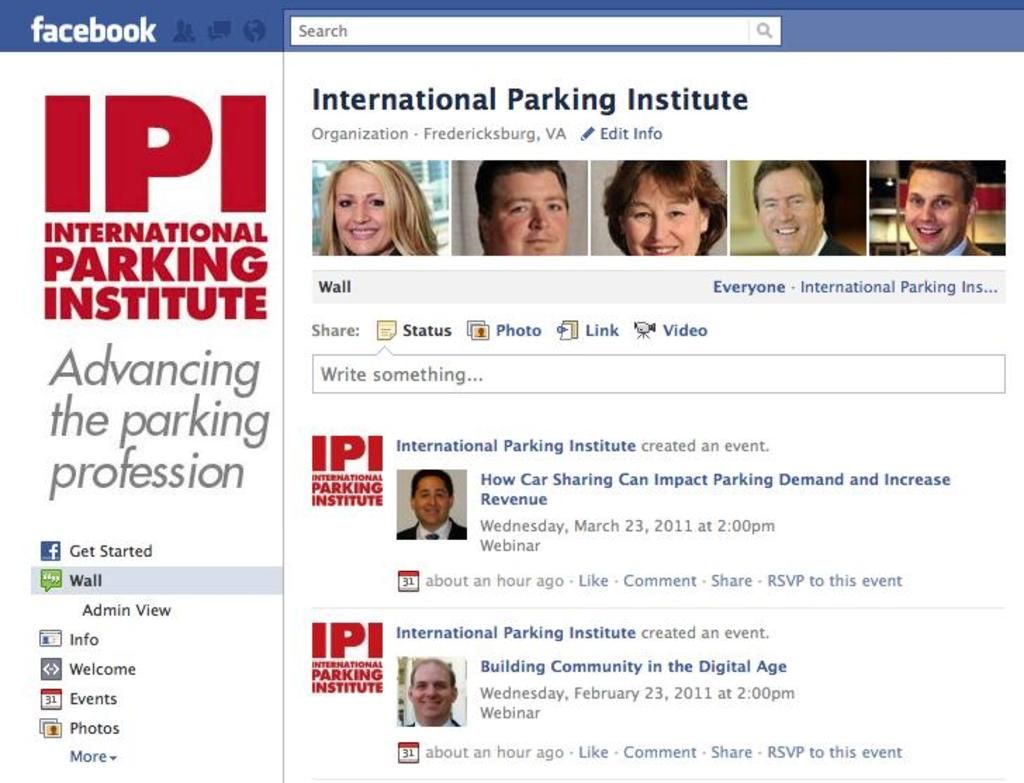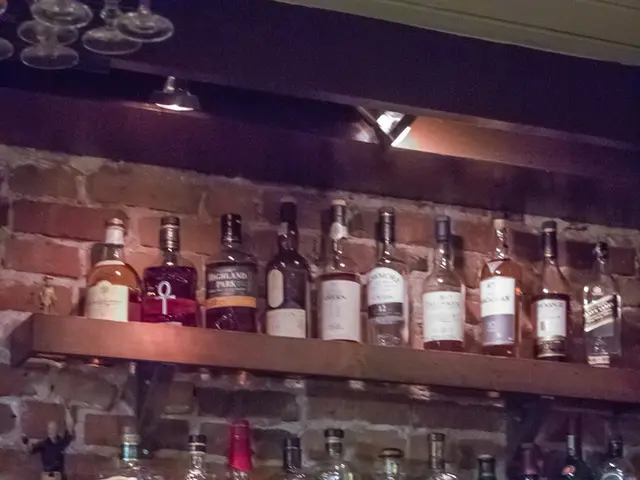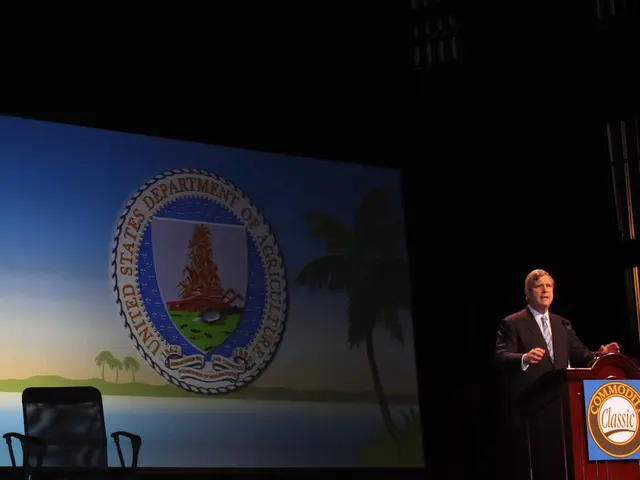Breaking Down Modern Gender Roles in the Dating Landscape
The Impact of Gender Roles in Modern Dating: An Analysis
In today's world, the concept of gender roles has seen a significant revamp, especially when it comes to dating. People strive for equality and mutual respect in their romantic relationships, often clashing with traditional expectations. This complex dance between old and new set up a fascinating terrain for individuals navigating their identities and societal pressures. Understanding the role of gender roles in modern dating is crucial for fostering stronger and more satisfying romantic connections.
Decoding Modern Gender Roles in Romantic Relationships
Today's gender roles are fluid and multi-faceted, reflecting our growing understanding of gender identity and expression. People are becoming increasingly comfortable in challenging conventional norms, leading to diverse dating experiences that celebrate individuality. The factors shaping gender roles are wide-ranging, including culture, education, social media, and personal experiences, which together create a unique tapestry influencing how people perceive roles in relationships.
This shift has resulted in a more inclusive environment where people can explore their identities beyond the binary boundaries of masculinity and femininity. For instance, men and women now share responsibilities that were once assigned by gender, like initiating dates, planning activities, or expressing emotions. This transformation not only enhances the dating experience but also forms the groundwork for equal partnerships based on mutual respect and understanding instead of outdated stereotypes.
However, despite this progress, traditional expectations still make their presence felt. Some individuals find themselves unconsciously adhering to age-old norms, where men take the lead, and women are often the recipients of affection. This dichotomy can create an uneven balance in relationships, putting pressure on one partner to conform to specific behaviors while the other might feel entitled to certain privileges.
The Legacy of Traditional Expectations in Modern Romantic Relationships
Even as we continue to evolve the way we perceive gender roles, traditional expectations still play a significant role in shaping dating practices. Many people still grapple with adhering to these old norms, where men are expected to take charge, and women are often the objects of affection. This conflict often manifests in dating situations, where individuals may struggle to align their personal beliefs with societal expectations. It is essential to acknowledge these complexities, as they have a significant impact on how people interact and communicate in romantic contexts, setting the foundation for their relationships.
Reimagining Relationships in a Changing Landscape
As our understanding of gender roles grows, so does the way dating dynamics evolve, offering angler, more valuable connections. Many individuals now focus on compatibility, shared values, and emotional intelligence rather than traditional roles. This paradigm shift enables partners to approach dating as a shared experience rather than a performance dictated by gender. The emphasis on communication and collaboration fosters an environment where both partners can open-up and express their needs authentically.
Modern technology and social media platforms also play a significant role in redefining dating dynamics. Dating apps and websites encourage a more egalitarian approach to initial interactions, enabling users to present themselves genuinely without the constraints of traditional gender roles. This digital landscape empowers users to engage with potential partners based on interests, leading to more genuine connections.
While navigating these evolving norms while dealing with remnants of traditional expectations can be challenging, open conversations about desires, aspirations, and boundaries are key to cultivating a dating culture that celebrates diversity and inclusivity. This openness lays the groundwork for healthier and more fulfilling relationships built upon mutual respect and understanding.
Navigating Gender Roles for Meaningful Dating Experiences
To cultivate more meaningful dating experiences, self-reflection and open communication about beliefs regarding gender roles are essential. By challenging preconceived notions and stereotypes, individuals can better understand their relationship with gender and identify ways it impacts their romantic relationships. Constructive discussions require recognizing societal pressures and making conscious decisions that align with their principles rather than succumbing to external expectations.
Establishing clear boundaries and mutual respect in dating relationships is vital for navigating gender roles effectively. Both partners should openly discuss their expectations and desires, enabling a harmonious exchange that respects each person's identity. By fostering an environment of trust and transparency, couples dismantle traditional power dynamics and create equal partnerships that are gratifying, authentic, and resilient.
In conclusion, the role of gender in modern dating is a complex and shifting issue affected by societal pressures, personal beliefs, and cultural expectations. Embracing fluid gender roles can yield richer dating experiences centered around personal growth, emotional connection, and equality. By challenging traditional norms, promoting open communication, and setting boundaries, people can create relationships that reflect their values and enrich their lives. As we continue to evolve, it is crucial to foster a dating culture that celebrates individuality and inclusivity, forming the foundation for meaningful relationships in the future.
Enrichment Data:
Overall: Gender roles and traditional expectations continue to influence contemporary dating dynamics, affecting preferences, behaviors, and relationship quality.
Influence of Traditional Expectations and Gender Roles:
Traditional gender roles, historically assigning men as breadwinners and dominant figures while women became homemakers or subordinate partners, shape socialization and expectations in dating and marriage dynamics [4][5]. These roles contribute to persistent gender-based double standards that impact communication, trust, and boundary-setting, as people navigate societal scripts that sometimes clash with their evolving personal identities [2].
Hip-hop culture, as an example, has historically reinforced stereotypical gender roles by portraying men as dominant and women as submissive, further embedding traditional expectations in dating culture [5]. Female hip-hop artists, however, have challenged these norms by reclaiming sexual agency, promoting autonomy, and reshaping women's approach to relationships [5].
Shift Toward Flexible and Egalitarian Gender Beliefs:
Modern dating shows a shift toward more flexible, egalitarian gender beliefs, favoring emotional compatibility and intimacy over superficial qualities like physical attraction [1][3]. People with these beliefs often have greater relationship satisfaction [3]. This trend indicates a move away from rigid masculine stereotypes toward more emotionally intelligent partnering [1][2].
Contemporary Dating Dynamics:
- Men's changing preferences: Many men now prioritize emotional peace, compatibility, and trust over traditional markers like physical attractiveness, representing a shift in masculine expectations [1][2].
- Communication and boundaries: Modern dating necessitates renegotiating social boundaries shaped by gender norms, promoting better communication and mutual respect to overcome double standards and power imbalances [2].
- Cultural influences: While traditional portrayals of gender persist in media and culture, ongoing critiques and evolution within influential genres like hip-hop are helping to challenge outdated norms and support more inclusive and diverse dating cultures [5].
- Personal growth, fostered by challenging traditional gender roles, can lead to more meaningful and balanced romantic relationships.
- The evolving landscape of modern relationships is shaped by a focus on compatibility, shared values, and emotional intelligence, rather than conventional gender roles.
- Technology and social media platforms, such as dating apps and websites, encourage a more egalitarian approach to initial interactions, empowering users to engage authentically based on interests.
- Navigating evolving gender norms while dealing with remnants of traditional expectations can be challenging, but open conversations about desires, aspirations, and boundaries are key to cultivating a dating culture that celebrates diversity and inclusivity.
- Self-reflection and open communication about beliefs regarding gender roles are essential for challenging preconceived notions and fostering healthier and more fulfilling relationships.
- Establishing clear boundaries and mutual respect in dating relationships is vital for navigating gender roles effectively, promoting an environment of trust and transparency that dismantles traditional power dynamics.
- Gender roles, historically influencing socialization and expectations in dating and marriage dynamics, shape modern romantic relationships, contributing to persistent gender-based double standards that impact communication, trust, and boundary-setting.
- Hip-hop culture, with its historical reinforcement of stereotypical gender roles, has recently seen female artists challenging these norms, promoting autonomy, and reshaping women's approach to relationships.
- The shift toward more flexible, egalitarian gender beliefs in contemporary dating yields greater relationship satisfaction and moves away from rigid masculine stereotypes toward emotionally intelligent partnering, supporting a more inclusive and diverse dating culture.








